

In an effort to address the pressing issue of climate change through Just Transition and equip trade unions with the necessary tools and capacity, the International Trade Union Confederation - Asia Pacific organised an online workshop for trade union leaders on 27 June 2023, entitled “Building the Capacity of Trade Unions in Asia and the Pacific on Just Transition”. The workshop aimed to gather insights and expert knowledge to develop training materials that would form part of the capacity building component of the ITUC-Asia Pacific’s DTDA-supported project on Just Transition, Women, and Youth in Asia.
With the devastating consequences of climate change looming, the workshop brought into focus the vital role of mobilizing trade unions in advocating for a Just Transition. However, it was noted that in Asia and the Pacific, trade unions’ engagement in the issue of Just Transition varies. While some are active and advanced in the Just Transition work, others have not taken up the issue yet. There was a consensus, however, that Just Transition is a trade union issue that needs urgent actions.
In the workshop, Joy Hernandez, Senior Communications and Advocacy Officer, shared the initial results of a survey that was conducted by ITUC-Asia Pacific among its affiliates to gain insights on their Just Transition work and their capacity building needs. Among the key findings include the following:
.png)
During the workshop, affiliates raised their insights on building the capacity of trade unions on Just Transition. For instance, Laxman Sharma, Secretary General of GEFONT, said: “Building on the local knowledge and taking into account the geographical context are important in developing training materials for Just Transition. For instance, in Nepal, carbon emissions are low because the country is not industrialised. However, we face disasters like landslides, floods, changing rain patterns, and erosion. Just Transition responses consider these location- and context-specific aspects.”
To further flesh out the affiliates’ inputs for the development of training materials on Just Transition, they were divided in four thematic breakout groups, namely: (1) Just Transition, labor rights, and decent work in Asia-Pacific, (2) women, youth, and Just Transition, (3) developing advocacy and campaign strategies for Just Transition at national, regional, and global levels, and (4) organizing, collective bargaining, and social dialogue for Just Transition. They were also encourage to share local stories and experiences that could serve as valuable case studies that will be included the training materials.
A wide range of topics, frameworks, and case studies were shared, contributing to the development of training materials that cater to the specific needs of trade union organizations and their members. The participatory approach ensured that the voices of the union leaders, who have extensive experience in Just Transition work, campaigns, and advocacy, were among the primary sources of knowledge for the ITUC-Asia Pacific's training materials.
A total of 30 union leaders representing ITUC-Asia Pacific's affiliates in East Asia, Southeast Asia, South Asia, Middle East, and the Pacific actively participated in the online workshop. This session marked the first step in a union-led process of building the capacity of workers and trade unions in the region on Just Transition.
.png)


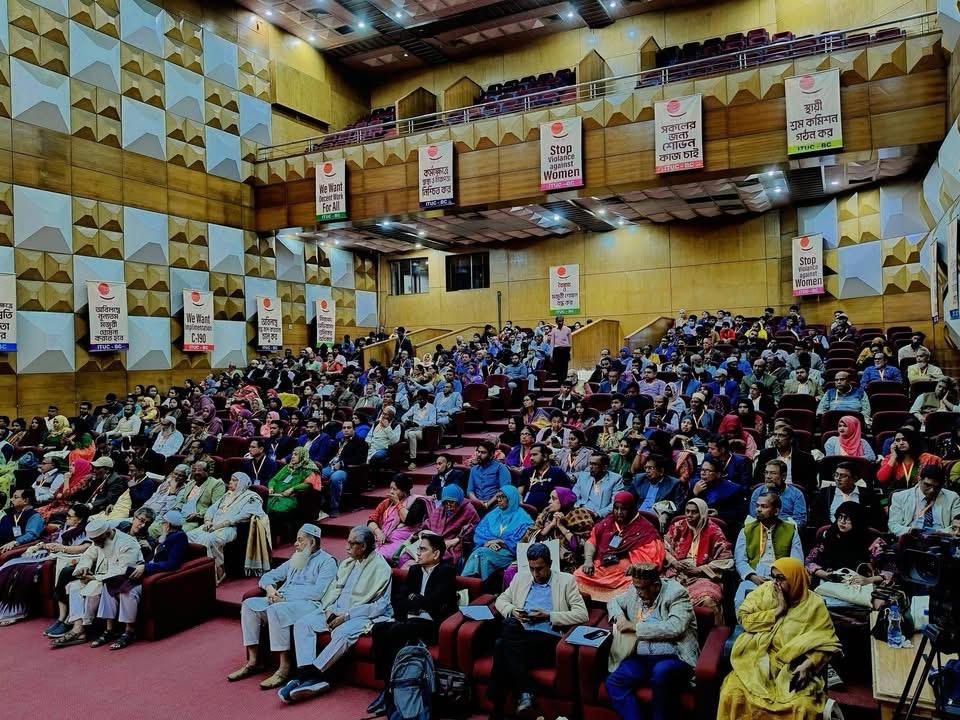











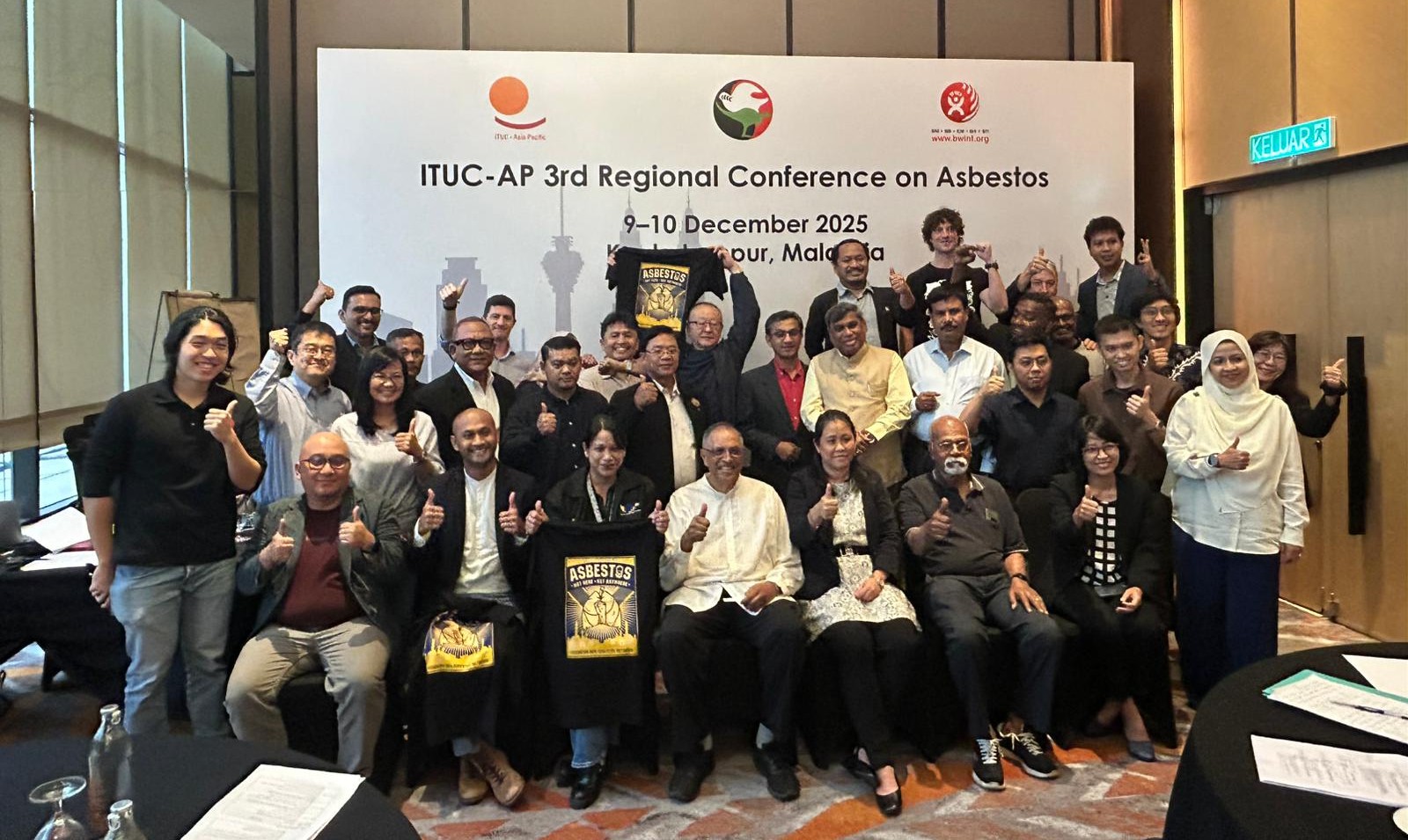





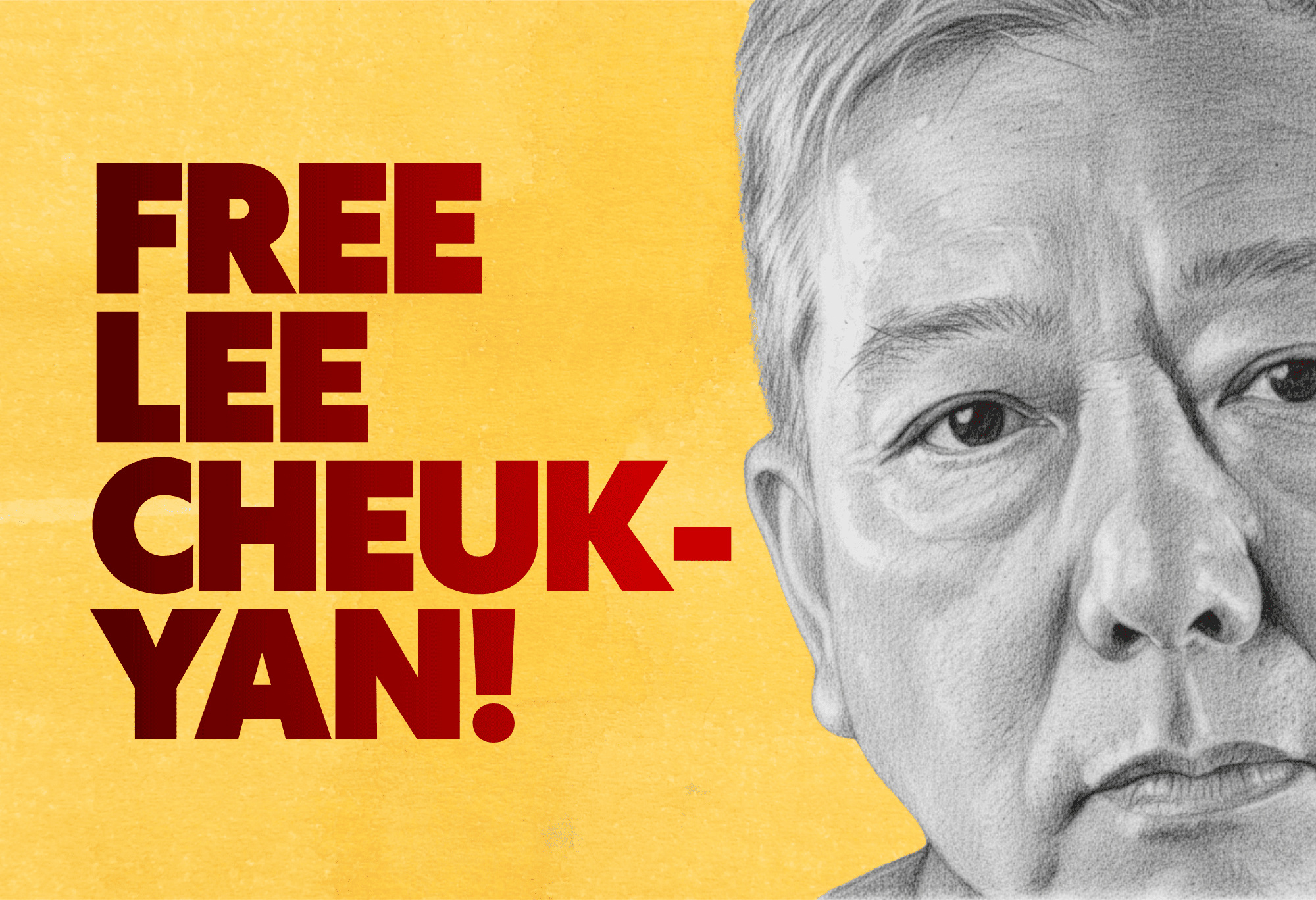





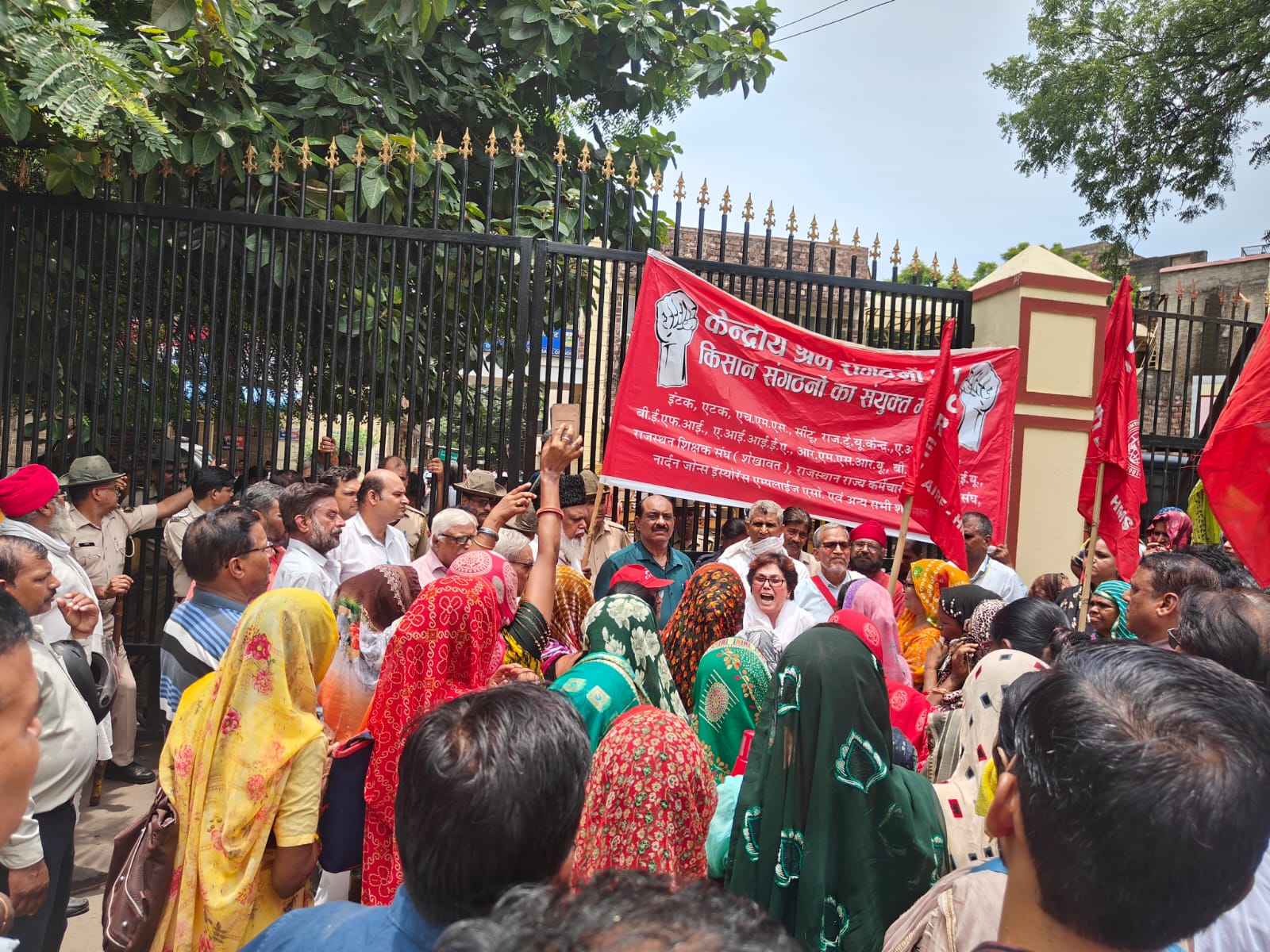





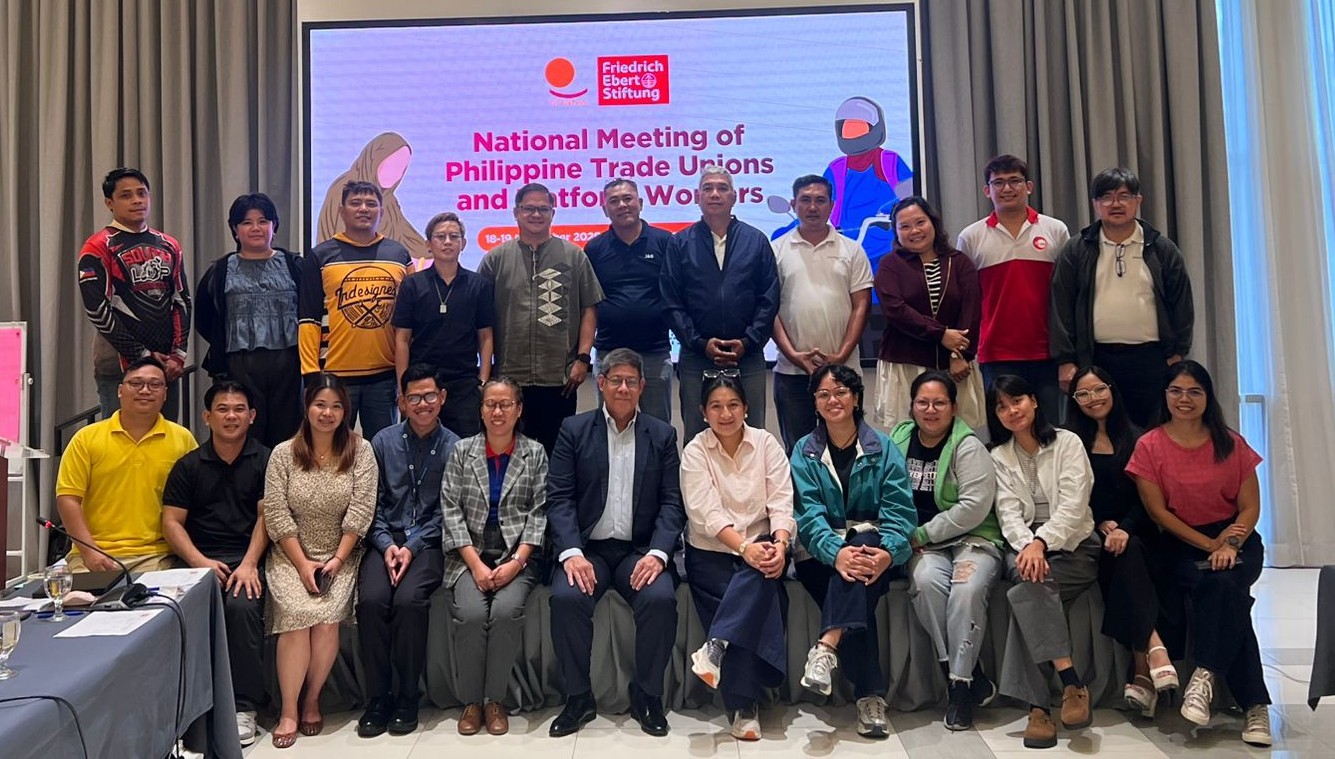





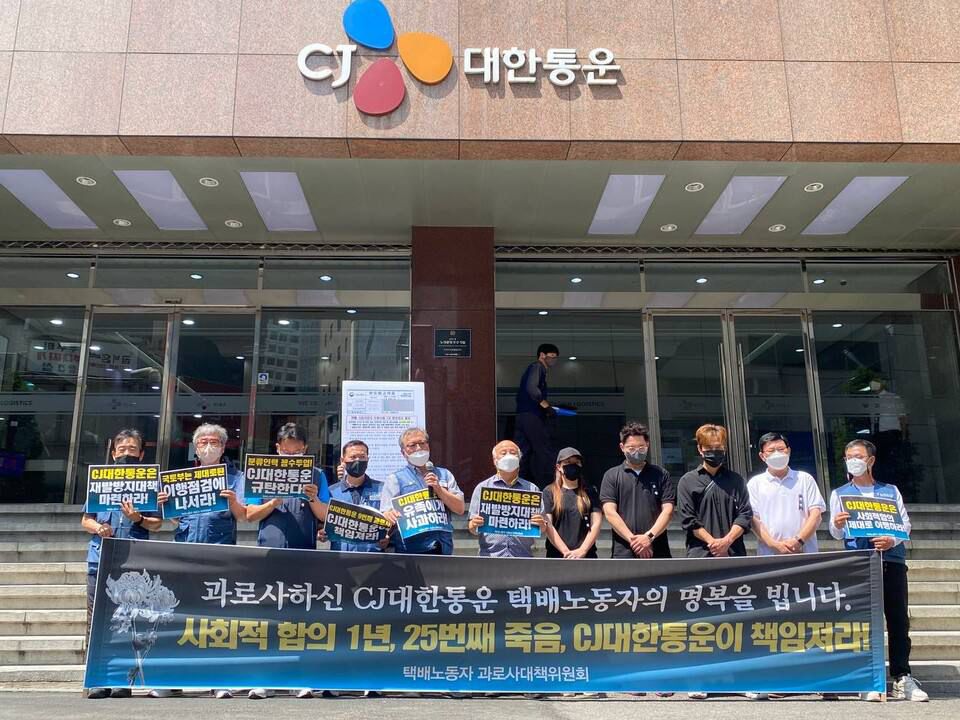





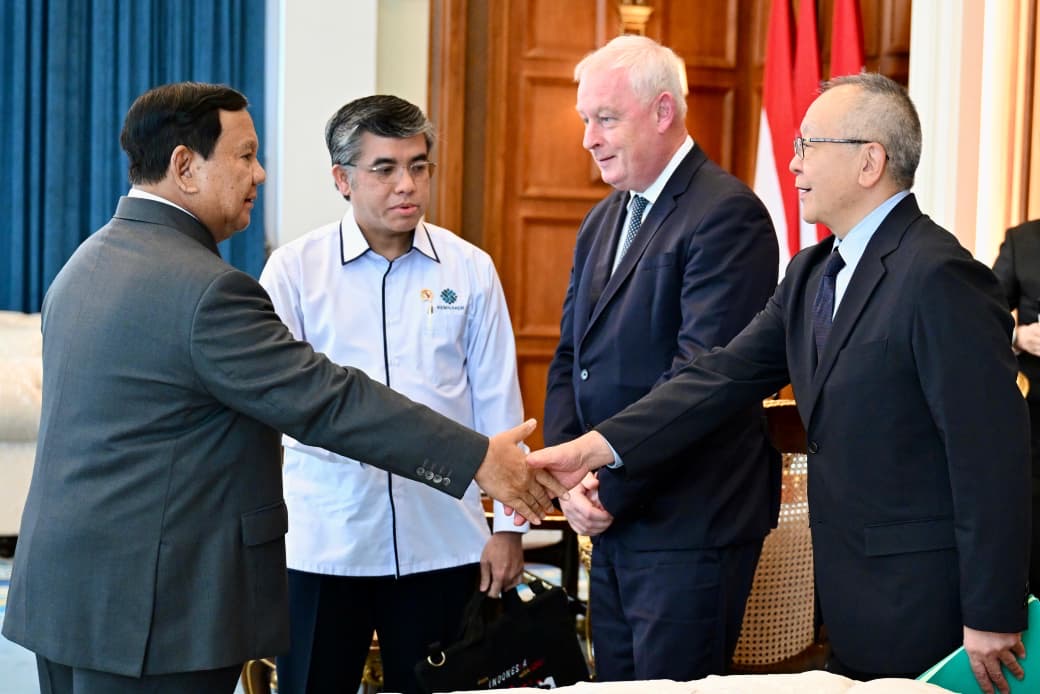





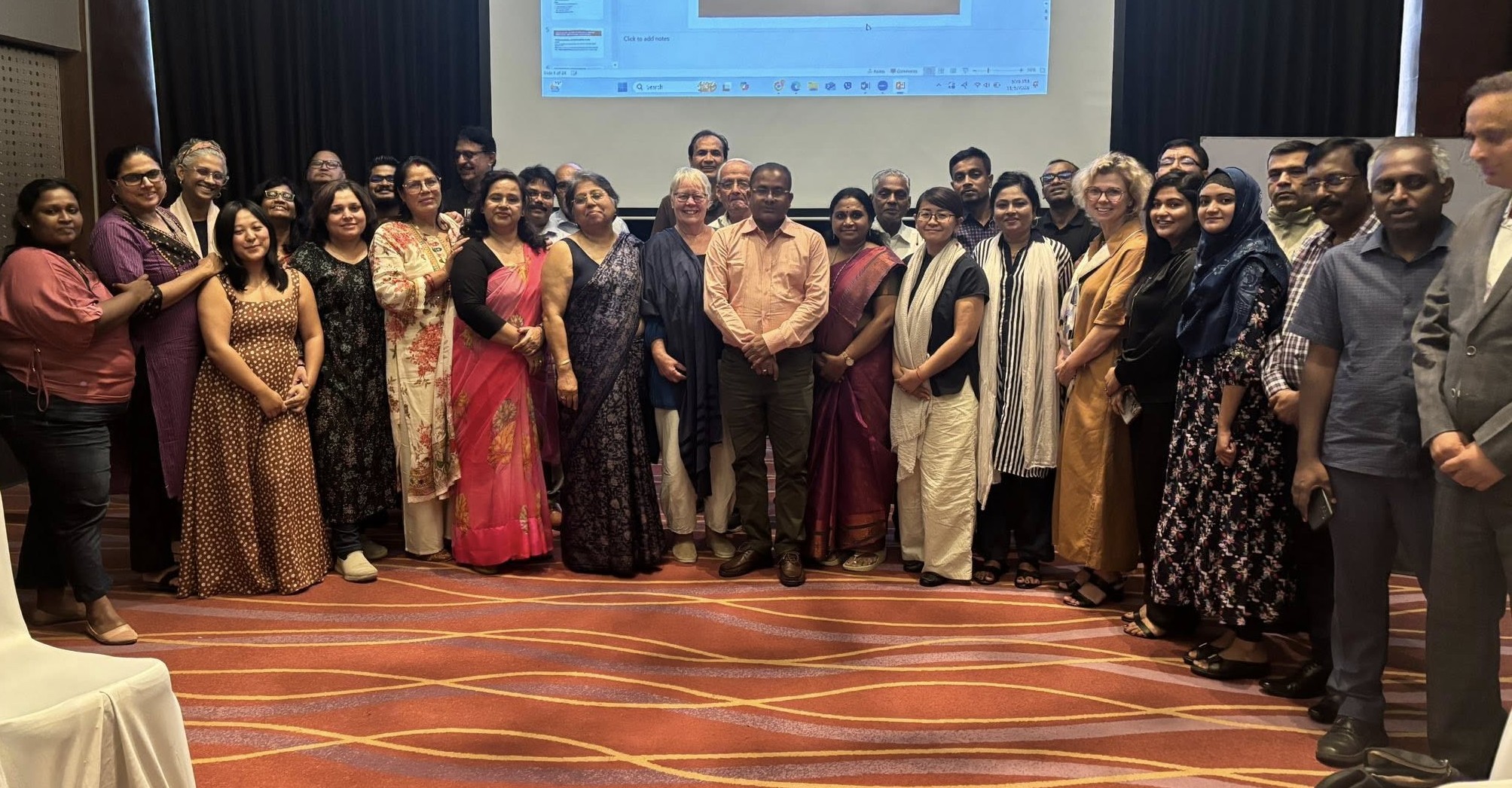





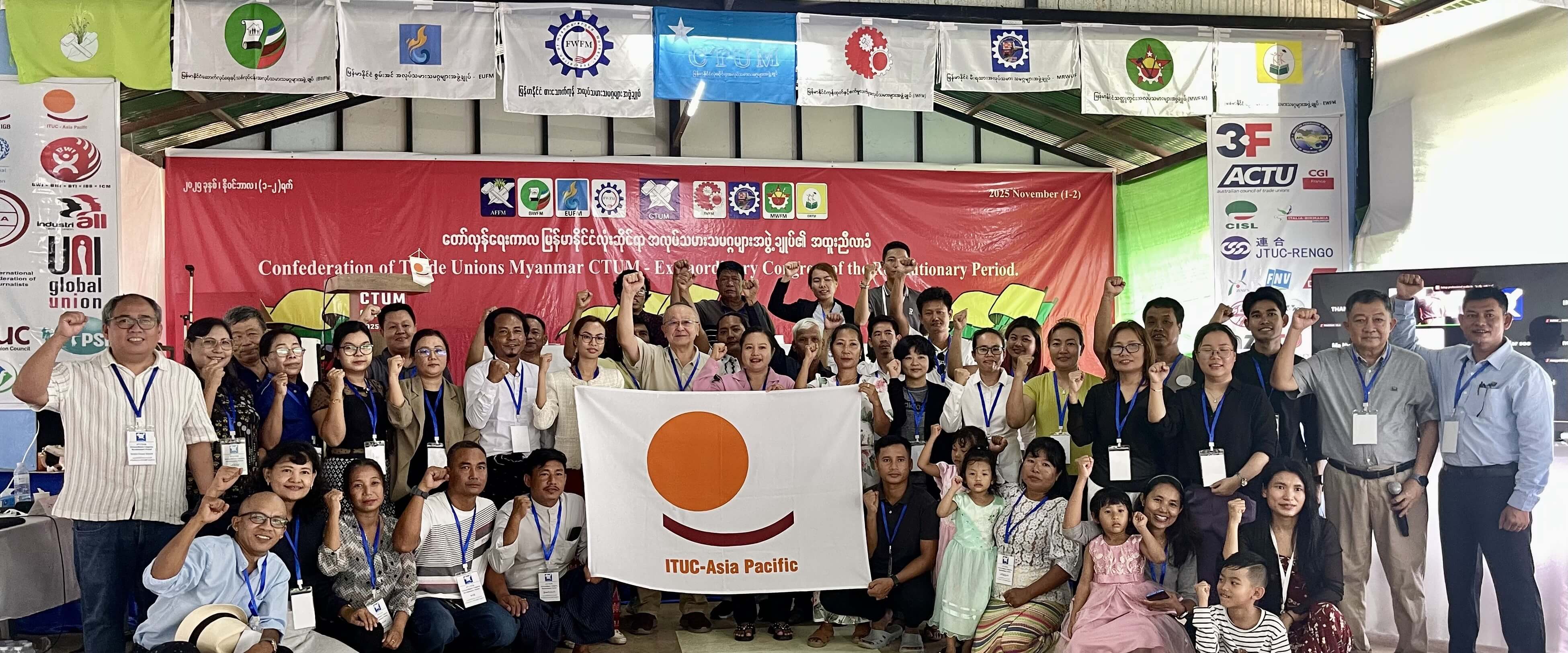





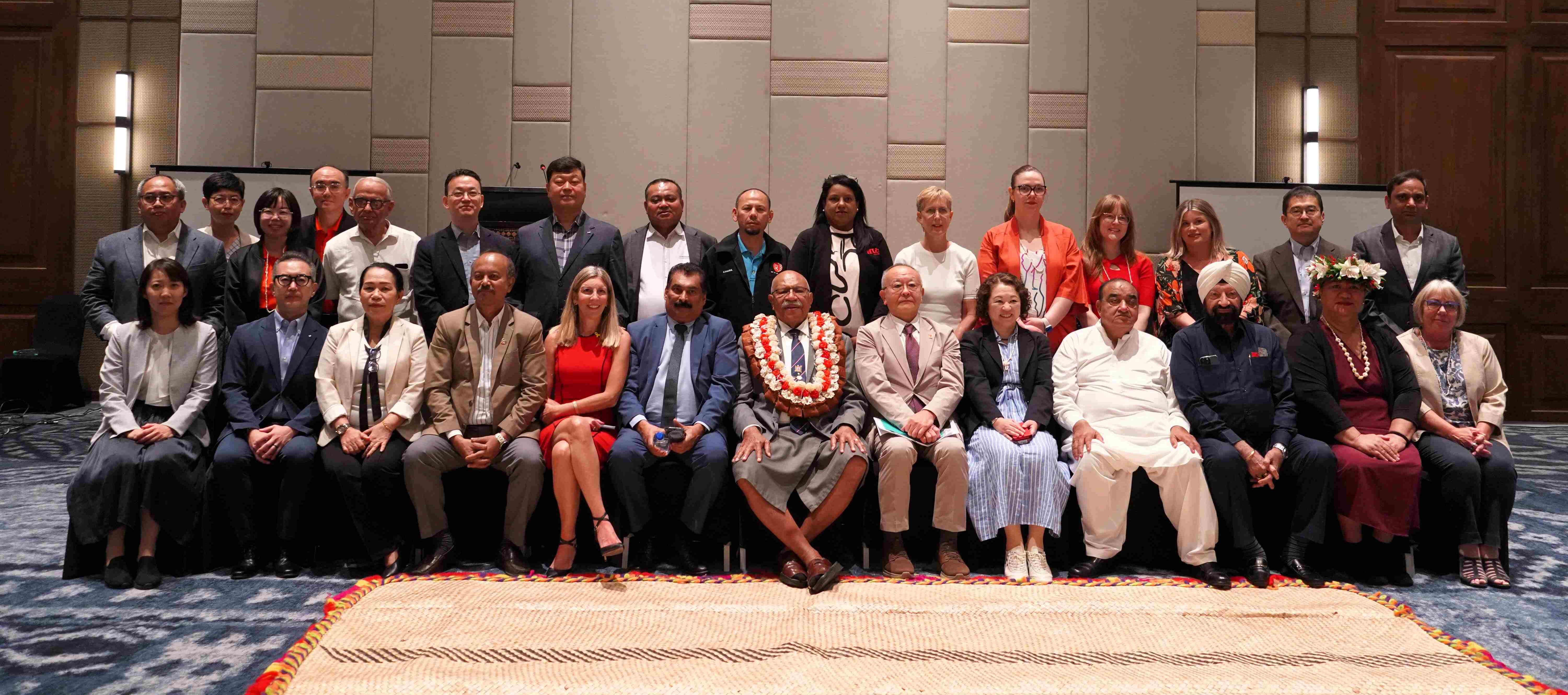





.jpg)


.jpg)




















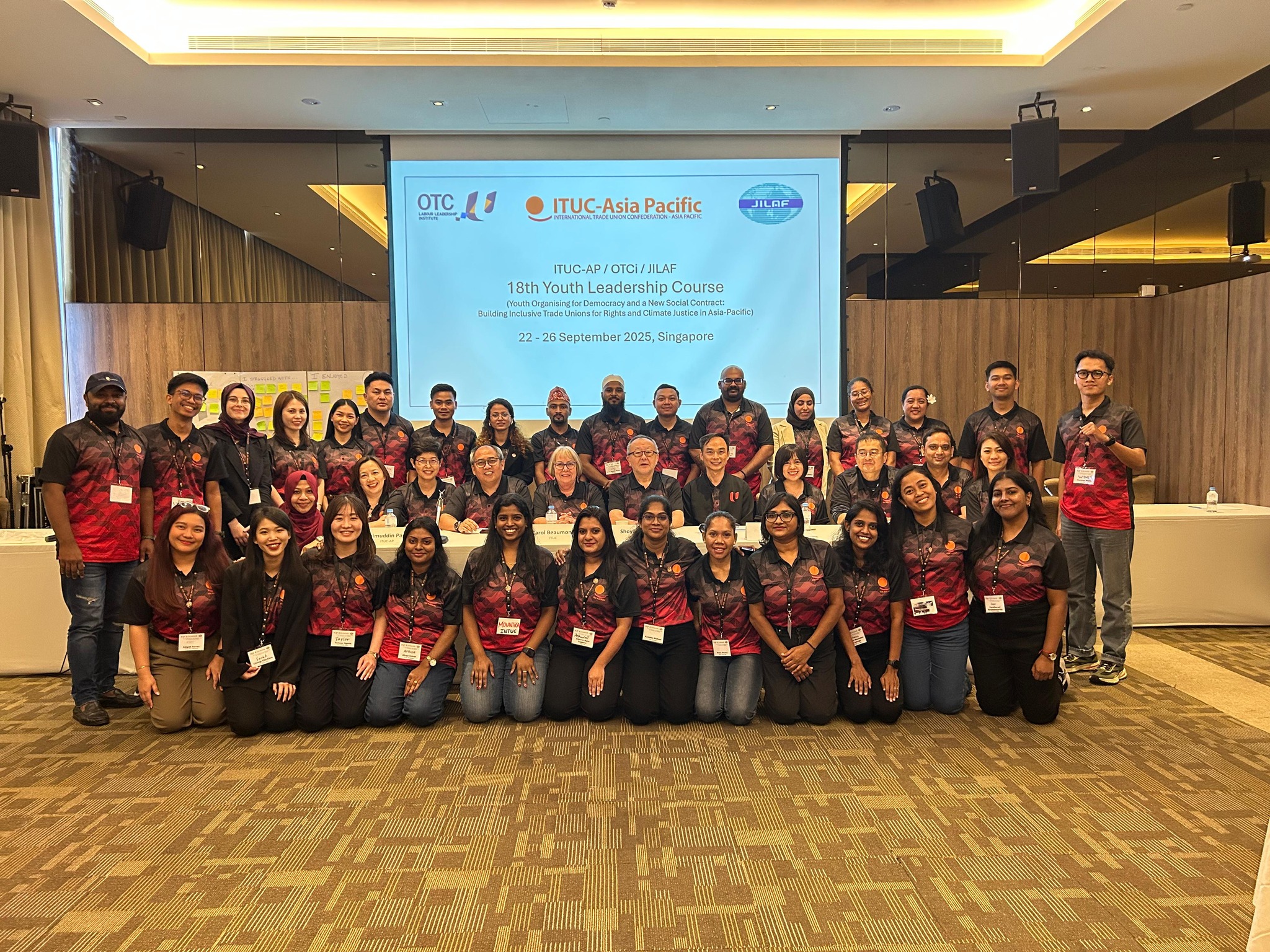





.png)


.png)








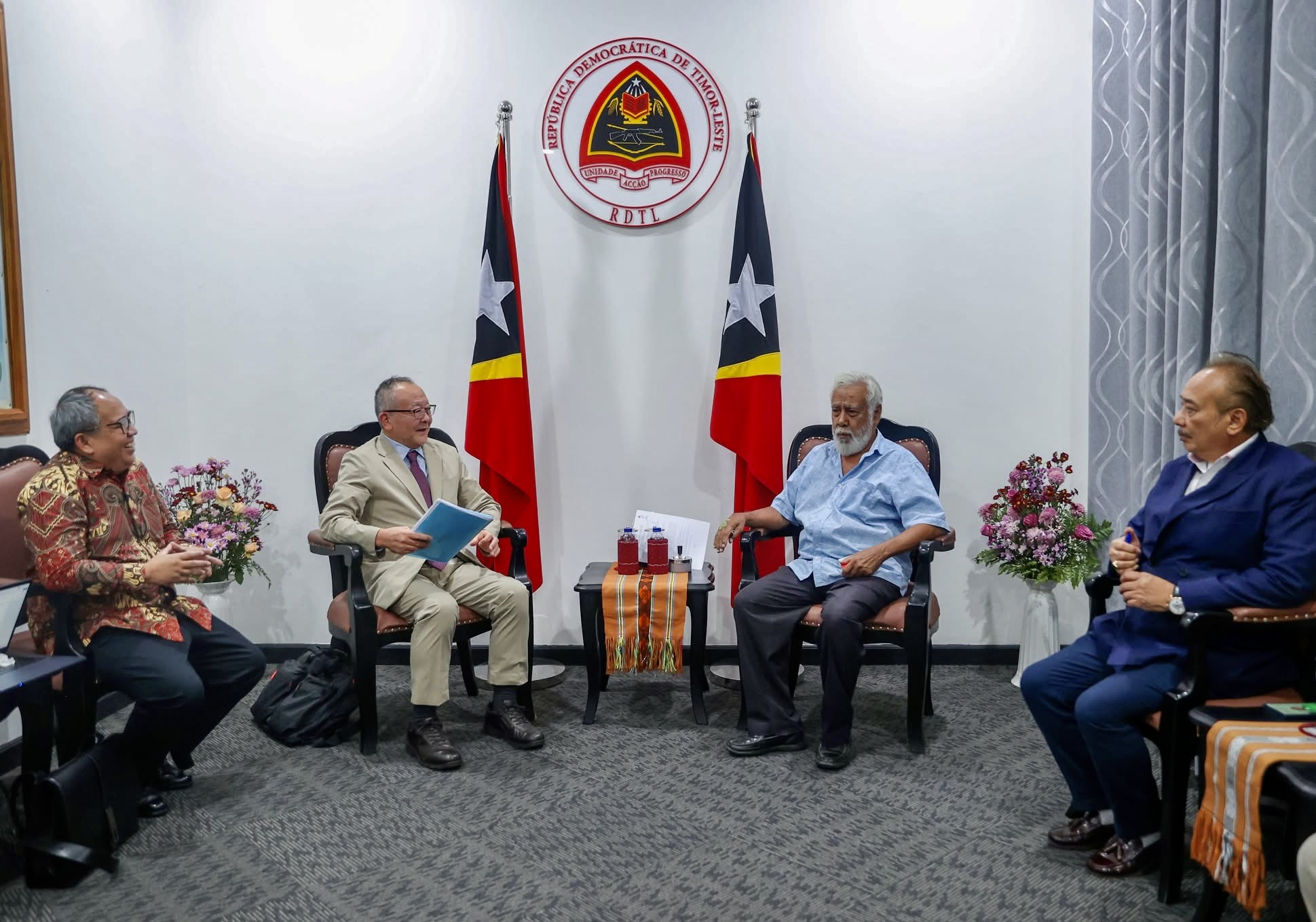





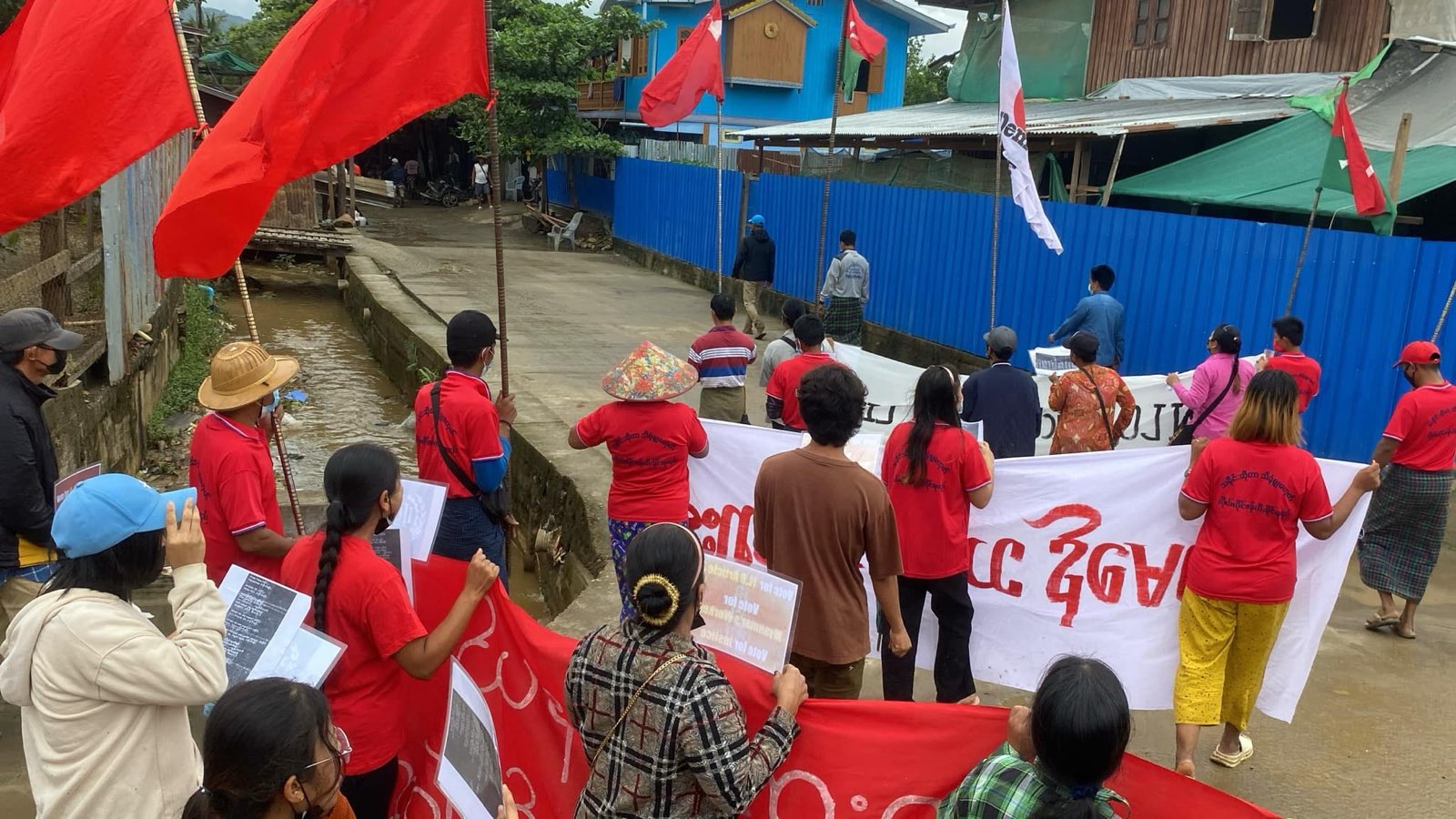





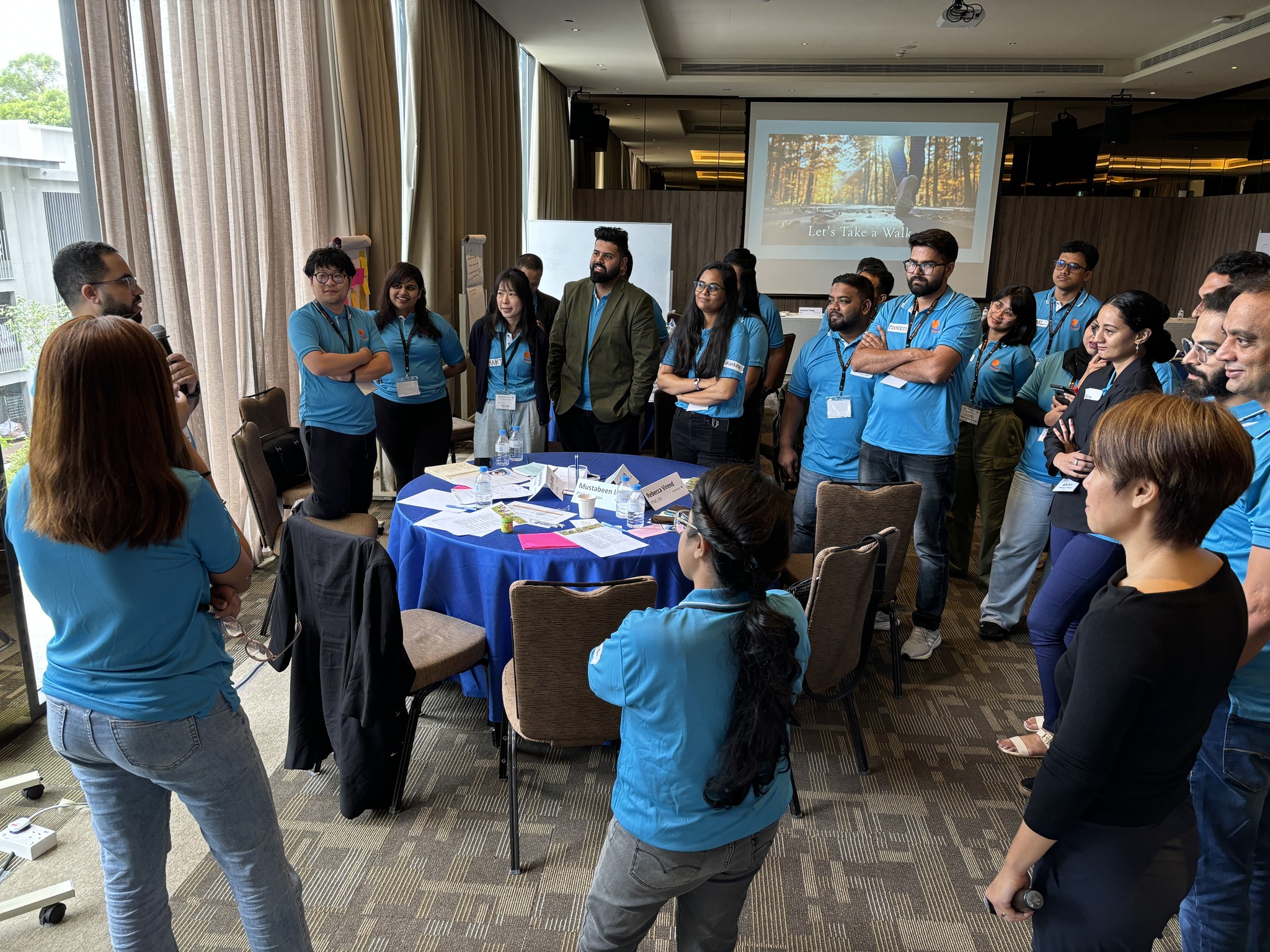





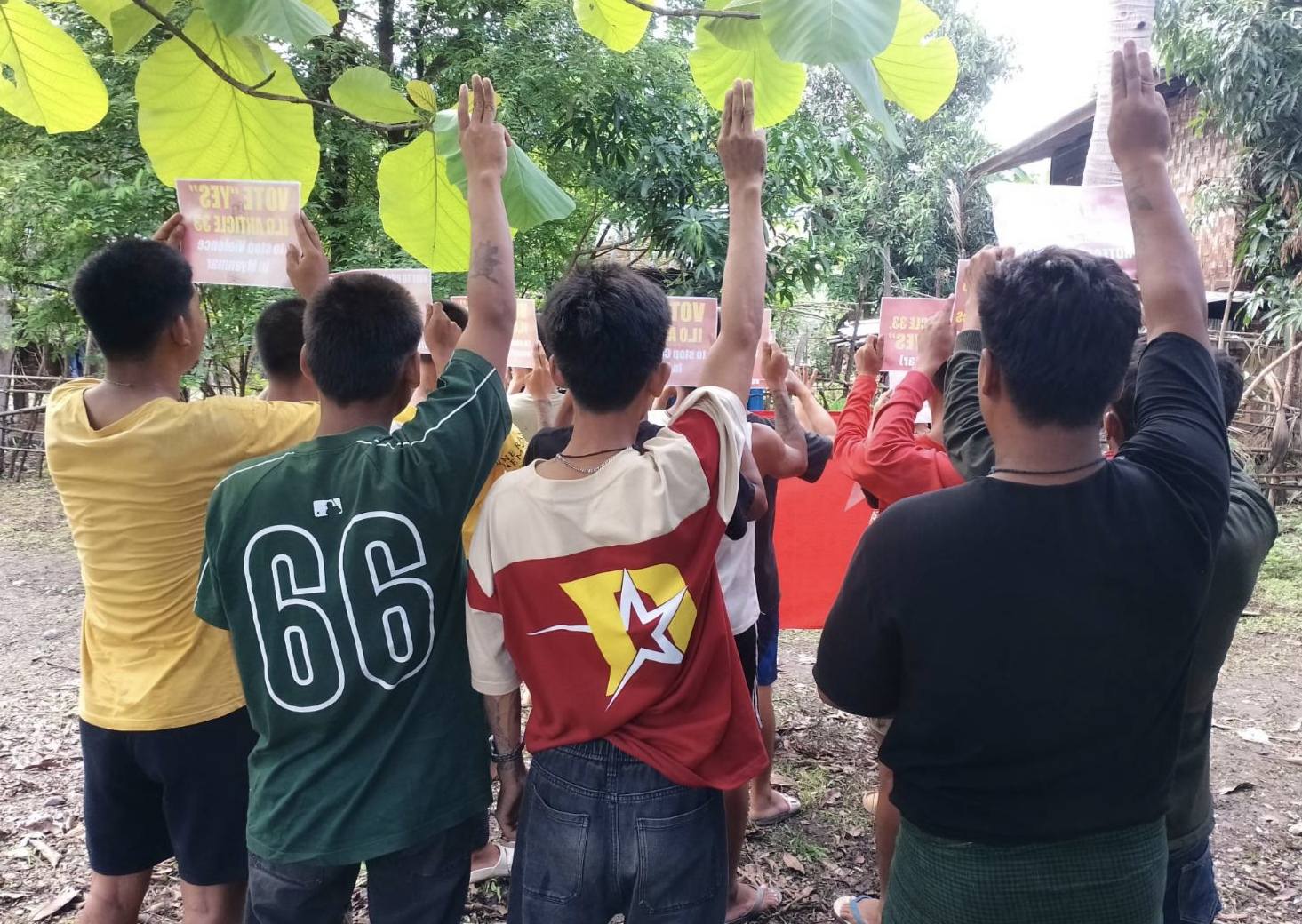





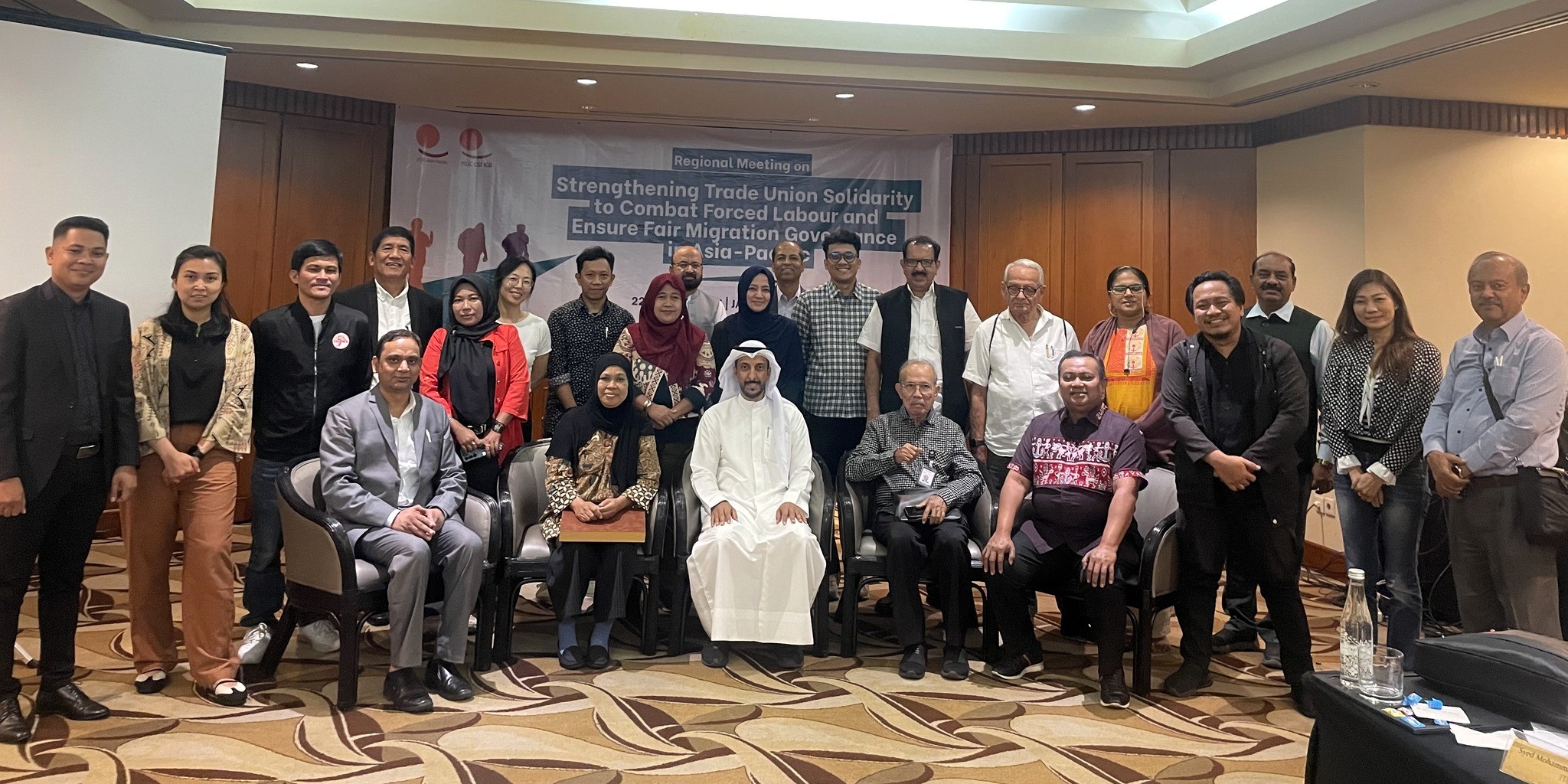























.png)


.png)














.png)


.png)
















































































































%20(1).png)


%20(1).png)
























.jpg)


.jpg)














































































.png)


.png)




































































































































.jpg)


.jpg)


























.png)


.png)


.png)


.png)

